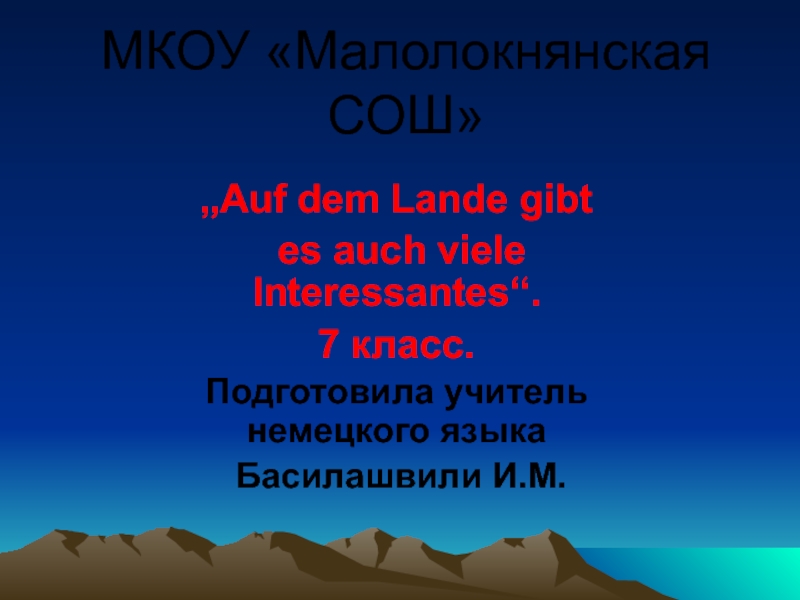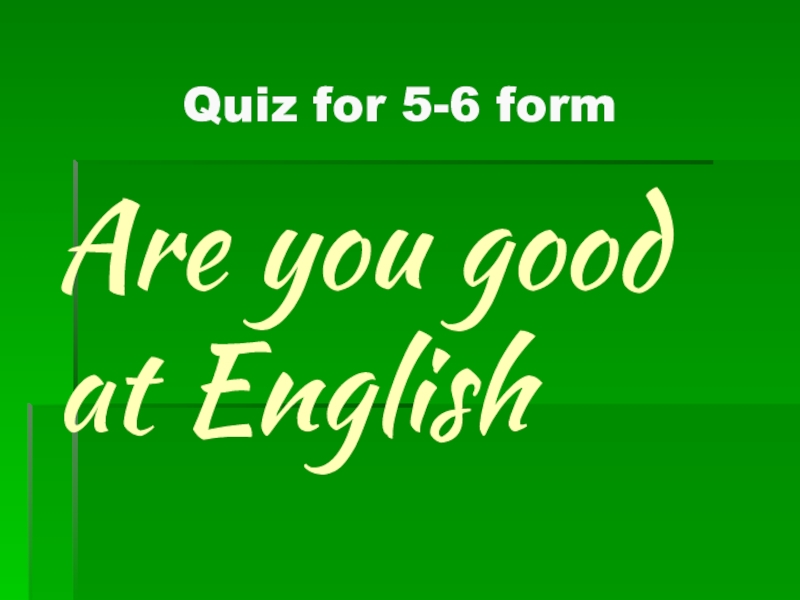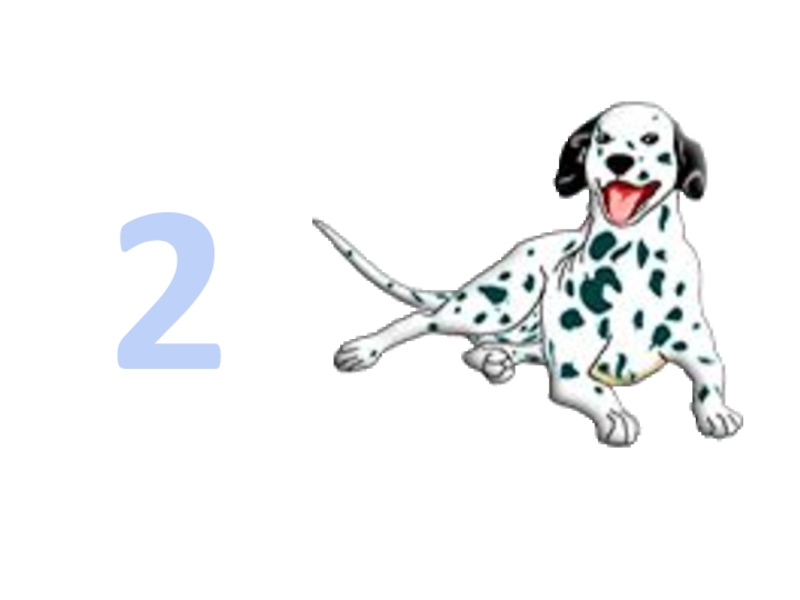- Главная
- Разное
- Образование
- Спорт
- Естествознание
- Природоведение
- Религиоведение
- Французский язык
- Черчение
- Английский язык
- Астрономия
- Алгебра
- Биология
- География
- Геометрия
- Детские презентации
- Информатика
- История
- Литература
- Математика
- Музыка
- МХК
- Немецкий язык
- ОБЖ
- Обществознание
- Окружающий мир
- Педагогика
- Русский язык
- Технология
- Физика
- Философия
- Химия
- Шаблоны, фоны, картинки для презентаций
- Экология
- Экономика
Презентация, доклад по английскому языку Reported Speech (10 класс)
Содержание
- 1. Презентация по английскому языку Reported Speech (10 класс)
- 2. Прямая речь –это речь, переданная дословно, без
- 3. I he, she, I (редко)we they, we
- 4. Согласование времён – это зависимость времени глагола-сказуемого
- 5. Слайд 5
- 6. Слайд 6
- 7. ☺1 said /said to ☺2/ told ☺2
- 8. 1) Tom said, “I’m awfully tired”.Tom said
- 9. Перевод вопросительных предложений в косвенную речьasked (☺2)wondered
- 10. Jim asked, “What are doing now, Mary?”Jim
- 11. Robert
- 12. Перевод просьб и приказаний из прямой речи
- 13. Choose the right variantJohn said, ”I’m sorry
- 14. 3. Robby asked, “Bobby, help me, please!”
- 15. 6. Sam asked, “Where were you yesterday,
- 16. Change the sentences into reported speech.I said
- 17. Check yourselves1. I told her that I
- 18. Перевод повелительных предложений в косвенную речьtell
- 19. Перевод повелительных предложений в косвенную речь
Слайд 2Прямая речь –это речь, переданная дословно,
без изменений.
Tom tells his friends,
“Who are you?” she cried. “What do you want?”
Косвенная речь – это передача содержания прямой речи в форме пересказа.
He says to Lena, “I see my friends every day.”
He says to Lena that he sees his friends every day.
Слайд 3I
he, she, I (редко)
we
they, we (редко)
you
he, she,
При этом при переводе прямой речи в косвенную местоимения изменяются согласно требованиям логики.
He tells them. “I can help you.”
He tells them that he can help them.
Слайд 4Согласование времён – это зависимость времени глагола-сказуемого придаточного предложения от времени
says
tells ☺2
says to ☺2
☺1
время не изменяется
She says, “I am fine”.
She says that she is fine.
☺1
said
told ☺2
said to ☺2
время изменяется
She said that she was fine.
Слайд 7☺1 said /said to ☺2/ told ☺2 that
подлежащее + сказуемое
Утверждения переводятся в косвенную речь следующим образом:
(Союз that можно не употреблять)
“I enjoy swimming,” Louisa said.
Louisa said that she enjoyed swimming.
Слайд 81) Tom said, “I’m awfully tired”.
Tom said
he
was
that
2)I said to Mary, “I’ll be in London tomorrow”.
I said to Mary
that
I
would be in London
the next day.
3)Jim said, “I haven’t seen Alice today”.
Jim said that
he
hadn’t seen Alice
that day.
4)Ann said to Tom, “I didn’t know this girl”.
Ann told Tom that
she
hadn’t known
that girl.
☺1 said /said to ☺2/ told ☺2 that ☺ V.
Слайд 9Перевод вопросительных предложений в косвенную речь
asked (☺2)
wondered
wanted to know (ли)
☺1
подлежащее + сказуемое
(прямой порядок слов)
“Have you been crying?” mum asked.
Mum asked if I had been crying.
При прямом порядке слов глагол-сказуемое следует за подлежащим. (Утвердительные и отрицательные предложения).
При обратном порядке слов глагол-сказуемое стоит перед подлежащим. (Вопросительные предложения).
а) Общие вопросы
Слайд 10Jim asked, “What are doing now, Mary?”
Jim asked Mary what she
b) Специальные вопросы
asked (☺2)
wondered wh
wanted to know (ли)
☺1
подлежащее + сказуемое
(прямой порядок слов)
c) Вопрос к подлежащему
В вопросе к подлежащему в косвенной речи порядок слов не меняется.
He asked, “Who likes pop-music?”
He asked who liked pop-music.
Слайд 11Robert Does it often rain
asked
if
ed
t
Helen Have you seen this film,
Peter?
asked Peter
if
he had
that
Sam asked the boys: Who is knocking?
Sam asked the boys who was knocking.
John: What is your phone number, Bob?
John asked Bob what was his phone number.
Слайд 12Перевод просьб и приказаний из прямой речи в косвенную
asked
told
Если в
ставятся слова автора – to ask smb или to tell smb;
глагол в косвенной речи ставится в форме инфинитива.
☺1
☺2 to V
Kate said to her sister, “Please, tell me the truth.”
Kate asked her sister to tell her the truth.
При пересказе запретов используется отрицательный инфинитив.
☺1
asked
told
☺2 not to V
The mother said to her son, “Don’t watch this film.”
The mother told her son not to watch that film.
Слайд 13
Choose the right variant
John said, ”I’m sorry to disturb you, Eliza”.
A
B John told Eliza that he was sorry to disturb her.
C John said to Eliza that he had been sorry to disturb her.
2. He said, “Where is Jill going?”
A He asked where was Jill going.
B He asked where Jill went.
С He asked where Jill was going.
Слайд 143. Robby asked, “Bobby, help me, please!”
A Robby asked
B Robby asked Bobby that he helped him.
C Robby asked Bobby that he would help him.
4. The doctor asked, “How do you feel?”
A The doctor asked how did I feel.
B The doctor asked how I felt.
C The doctor asked how I had felt.
5. Colin asked Richard, “Will you be free tomorrow?”
A Richard asked would Colin be free the next day.
B Colin asked Richard if he would be free the next day.
C Colin asked if Richard will be free tomorrow.
Слайд 156. Sam asked, “Where were you yesterday, Tom?”
A Sam
B Sam asked Tom where was Tom the day before.
C Sam asked Tom where he had been the day before.
7. Ann asked me, “Don’t make so much noise, please.”
A Ann asked me that I not make so much noise.
B Ann asked me if I not made so much noise.
C Ann asked me not to make so much noise.
8. The teacher said, “You can have a rest, children”.
A The teacher told the children that they could have a rest.
B The teacher said to children that they can have a rest.
C The teacher said that they could have a rest, children.
Слайд 16Change the sentences into reported speech.
I said to her, “I have
Mr Smith said, “I am going to call you tomorrow.”
Sally asked, “Why did you decide to go to Egypt?”
My cousin said, “We moved to a new flat two days ago.”
5. He asked, “Who will do this task?”
6. He said, “My mother has just come.”
7. She said, “I’ll come to you , Steve.”
8. The teacher asked, “What are you going to do, Peter?”
Слайд 17Check yourselves
1. I told her that I had something to tell
2. Mr Smith said that he was going to call me the
next day.
Sally asked why he (she) had decided to go to
Egypt.
4. My cousin said that they had moved to a new flat
two days before.
5. He asked who would do that task.
He said that his mother had just come.
She told Steve that she would come to him.
The teacher asked Peter what he was going to
do.
Слайд 18Перевод повелительных предложений в косвенную речь
tell
ask
☺1
(not) infinitive
“Tom, help me!” mum asked.
Mum asked Tom to help her.
Глаголы tell, ask можно заменить на глаголы
command, order, warn, advise, invite, forbid.
а) команды, инструкции, просьбы:
“Get out of the car!” the policeman said.
The policeman ordered to get out of the car.
Слайд 19Перевод повелительных предложений в косвенную речь
suggest
☺1
V ing
“Let’s go to the cinema!” I said.
I suggested going to the cinema.
b) Предложения (предположения):
☺1
suggest + that (should)
☺1
☺2
V ing
infinitive без to
“Let’s go to the cinema!” I said.
I suggested that we (should) go to the cinema.
























